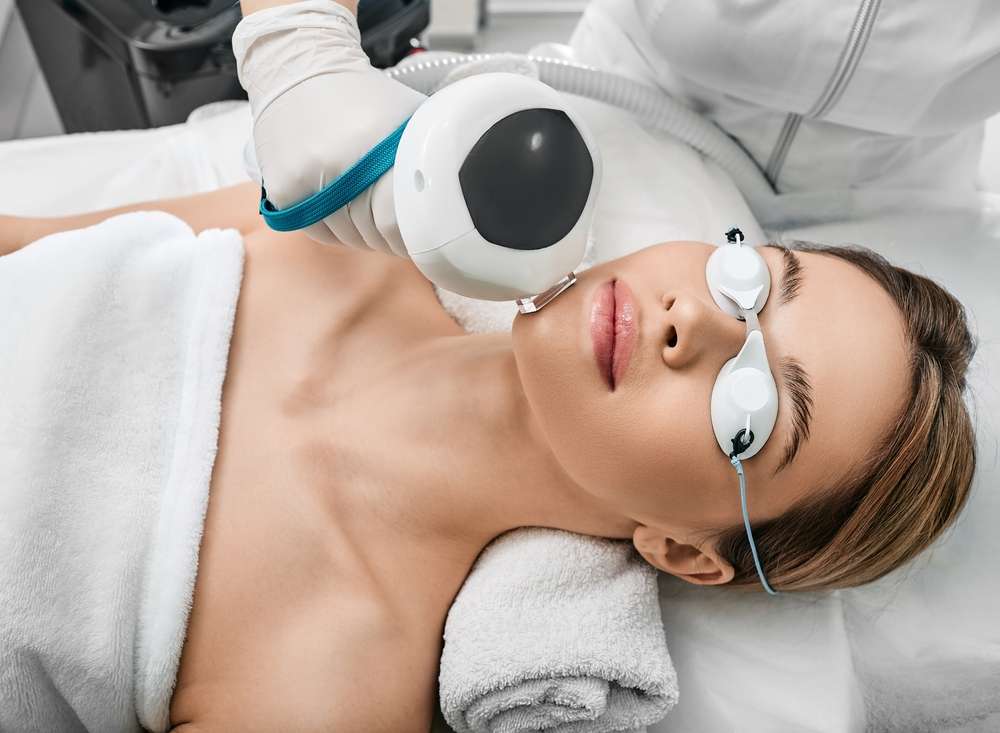Bioactive Skincare: Nature's Molecular Magic
In the ever-evolving world of beauty, a groundbreaking approach is reshaping our understanding of skin health and rejuvenation. Bioactive skincare, a fusion of cutting-edge science and nature's wisdom, is revolutionizing the industry with its molecular-level precision. This innovative concept harnesses the power of biologically active compounds found in plants, marine organisms, and other natural sources to create potent, targeted skincare solutions. Unlike traditional formulations that often rely on synthetic ingredients, bioactive skincare taps into the intricate biochemistry of our skin, working in harmony with its natural processes to achieve transformative results. As consumers become increasingly savvy about ingredient lists and demand more from their beauty routines, this scientifically advanced yet nature-inspired approach is poised to redefine the future of skincare.

The effectiveness of bioactive ingredients lies in their ability to penetrate the skin’s outer layers and reach the deeper dermal tissues where they can exert their influence. This is achieved through advanced formulation techniques that ensure optimal bioavailability and stability of these potent compounds. Unlike many conventional skincare products that primarily focus on surface-level effects, bioactive formulations work from within, addressing skin concerns at their root cause.
Nature’s Powerhouses: Key Bioactive Ingredients
The world of bioactive skincare is rich with a diverse array of potent ingredients, each offering unique benefits for the skin. One standout category is peptides, short chains of amino acids that can signal skin cells to perform specific functions. For instance, certain peptides can stimulate collagen production, leading to improved skin firmness and elasticity. Another powerful group is antioxidants, which protect the skin from oxidative stress and environmental damage. These include familiar names like vitamin C and E, as well as more exotic compounds like astaxanthin from marine algae.
Plant stem cells have also emerged as a game-changing ingredient in bioactive skincare. These undifferentiated cells, capable of developing into various specialized cell types, can help regenerate and protect skin tissues. For example, apple stem cells have shown remarkable ability to preserve the longevity of skin cells, potentially slowing down the aging process. Similarly, botanical extracts rich in polyphenols, such as green tea or grapeseed, offer potent anti-inflammatory and antioxidant properties that can soothe and protect the skin.
Formulation Challenges and Breakthroughs
Creating effective bioactive skincare products presents unique challenges that have spurred significant innovation in the beauty industry. One of the primary hurdles is maintaining the stability and potency of these delicate natural compounds. Many bioactive ingredients are sensitive to light, heat, and oxidation, which can render them ineffective if not properly protected. To address this, cosmetic chemists have developed advanced encapsulation technologies that shield these active ingredients until they are applied to the skin.
Another critical aspect of bioactive formulation is ensuring that the active compounds can penetrate the skin’s barrier and reach their target sites. This has led to the development of sophisticated delivery systems, such as liposomes and nanoparticles, which can transport bioactive ingredients deeper into the skin layers. Additionally, the use of natural penetration enhancers, like certain plant oils or hyaluronic acid, has become increasingly common to improve the efficacy of bioactive formulations.
Clinical Evidence and Efficacy
The rise of bioactive skincare has been accompanied by a growing body of scientific research validating its effectiveness. Numerous clinical studies have demonstrated the tangible benefits of various bioactive compounds in addressing specific skin concerns. For instance, research has shown that certain peptides can significantly reduce the appearance of fine lines and wrinkles by stimulating collagen synthesis. Similarly, studies on plant stem cells have revealed their potential to protect skin cells from UV damage and improve overall skin health.
One of the most compelling aspects of bioactive skincare is its ability to offer targeted solutions for diverse skin issues. From hyperpigmentation to acne, and from dryness to premature aging, there are bioactive ingredients that can effectively address each concern. This specificity allows for the creation of highly personalized skincare regimens that cater to individual needs and skin types, marking a shift towards more tailored and effective beauty solutions.
The Future of Bioactive Skincare
As we look to the future, the potential of bioactive skincare continues to expand. Emerging research in fields like epigenetics and the skin microbiome is opening up new frontiers for bioactive formulations. Scientists are exploring how certain compounds can influence gene expression in skin cells, potentially reversing signs of aging at a molecular level. Additionally, the growing understanding of the skin’s microbial ecosystem is leading to the development of prebiotic and probiotic skincare that can support a healthy skin barrier.
The integration of technology with bioactive skincare is another exciting avenue. Advanced diagnostic tools, such as AI-powered skin analysis, are enabling even more precise and personalized skincare recommendations. This synergy between cutting-edge technology and nature-derived bioactives promises to elevate skincare efficacy to unprecedented levels.
In conclusion, bioactive skincare represents a harmonious blend of nature’s wisdom and scientific innovation. By harnessing the power of biologically active compounds and leveraging advanced formulation techniques, this approach offers a more holistic and effective way to care for our skin. As consumers become increasingly educated and discerning, the demand for these science-backed, nature-inspired solutions is likely to grow, solidifying bioactive skincare’s position at the forefront of beauty innovation.






